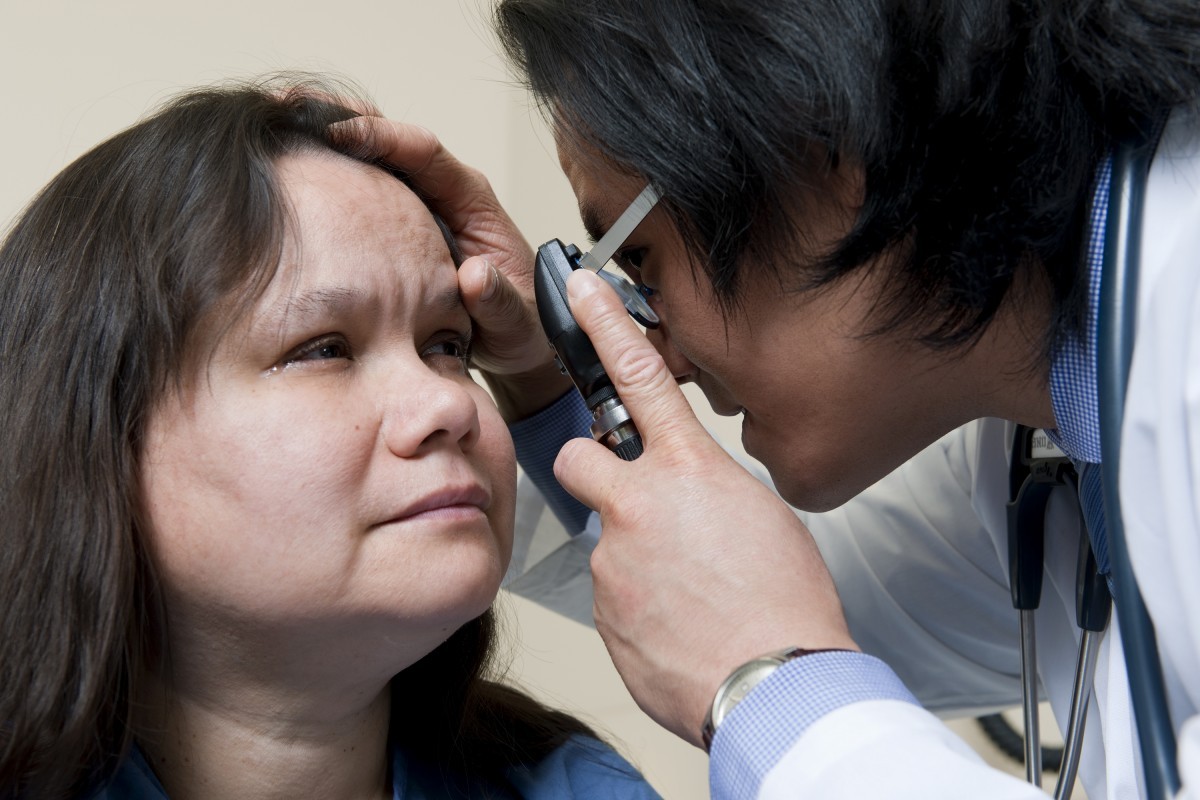
New Undergraduate Medical Education Indigenous health curriculum
A period of renewal offers an opportunity to rejuvenate and try fresh approaches and new techniques.
So it is with Undergraduate Medical Education (UGME) curriculum renewal in the College of Medicine, Faculty of Health Sciences. Curriculum renewal affords the opportunity to integrate the most contemporary approaches to medical education, providing future physicians with the tools to practice health care responsibly in an increasingly complex environment.
One of the most exciting areas of renewal in the College of Medicine is in the area of Indigenous health.
The Indigenous Health Longitudinal Course – developed by the University of Manitoba’s Dr. Barry Lavallee, Indigenous Health Curriculum Lead, and Linda Diffey, Coordinator, Indigenous Health Curriculum – lays the groundwork early on for the ongoing development of skills that will be needed for new physicians to work effectively with the province’s Indigenous populations.
The course originally grew out of the First Nations, Inuit and Métis Health Core Competencies framework developed by the Indigenous Physicians Association of Canada and the Association of Faculties of Medicine.
To understand the needs of Indigenous patients, an assessment study was initiated to explore health priorities from the perspectives of Indigenous community members.
“What they told us confirmed many of the ideas that we had about what needed to be reflected in the curriculum,” Diffey says. “Specifically, our study participants told us that they wanted physicians who not only understood their culture, but also colonial history and how this impacts their lives and ability to access health care. The stories they shared with us outlined the many challenges that Indigenous patients face when interacting with the healthcare system, including stereotyping, race- based assumptions, and feeling as though they have no power or voice.”
One of the ways Indigenous voices are being heard is through the Human Library. A unique feature of the new curriculum, the Human Library gives Med I students the opportunity to meet a member of the Indigenous community and learn more about his or her life.
As the first medical school in Canada to implement such an extensive and comprehensive longitudinal program about Indigenous health, the University of Manitoba College of Medicine is positioned to create tremendous impact on medical students.
“The aim is to develop medical students’ ability to critically analyze the issues impacting peoples’ health and to consider the ways that they can take action or be an advocate,” Diffey says. “While we spend a great deal of time discussing very difficult topics such as racism and colonial oppression, we also want students to recognize the strengths within the Indigenous communities and how the physician can play a role in supporting the work and programs being undertaken within the community.”
The new curriculum differs from past initiatives focused on Indigenous issues.
“There are still opportunities outside of the course for interested students to learn more about local First Nations, Métis and Inuit cultures,” Diffy explains. “This course, however, considers Indigenous health from a socio-historical perspective and the factors that a physician needs to consider when working with Indigenous patients.”
This story appeared in the Summer 2015 edition of MB Medicine Magazine.






